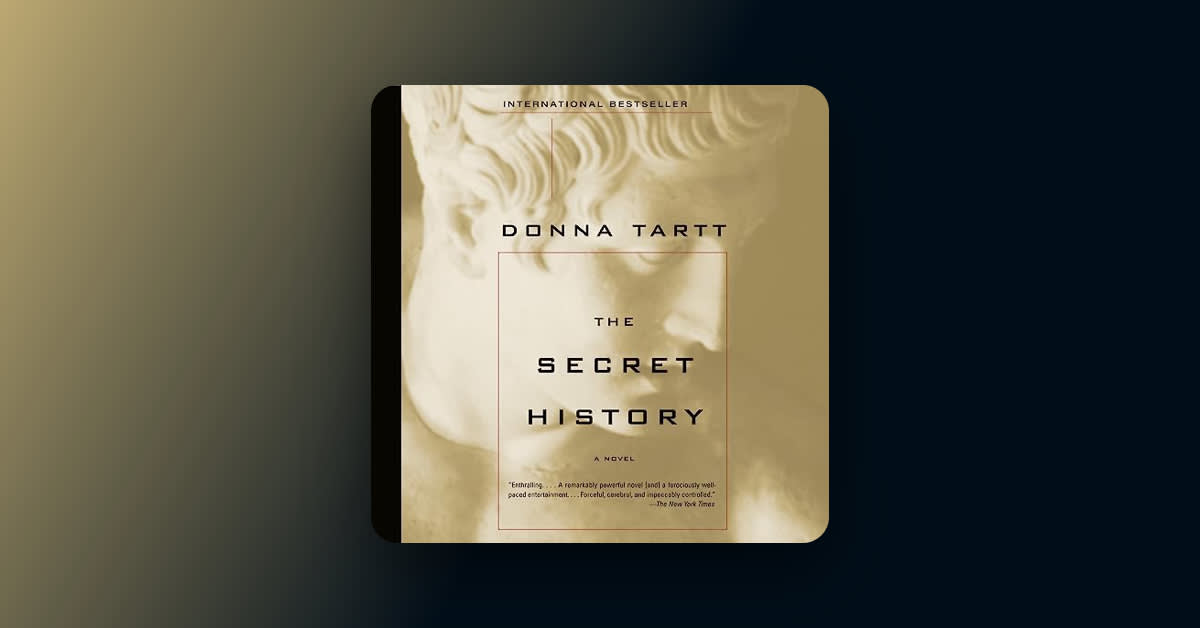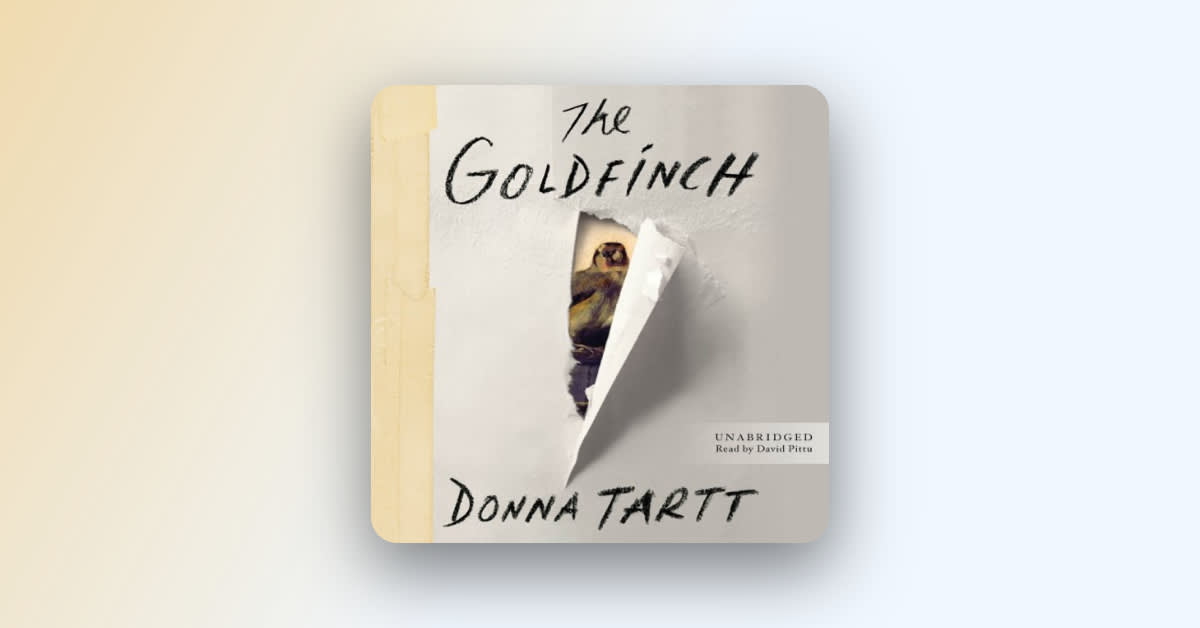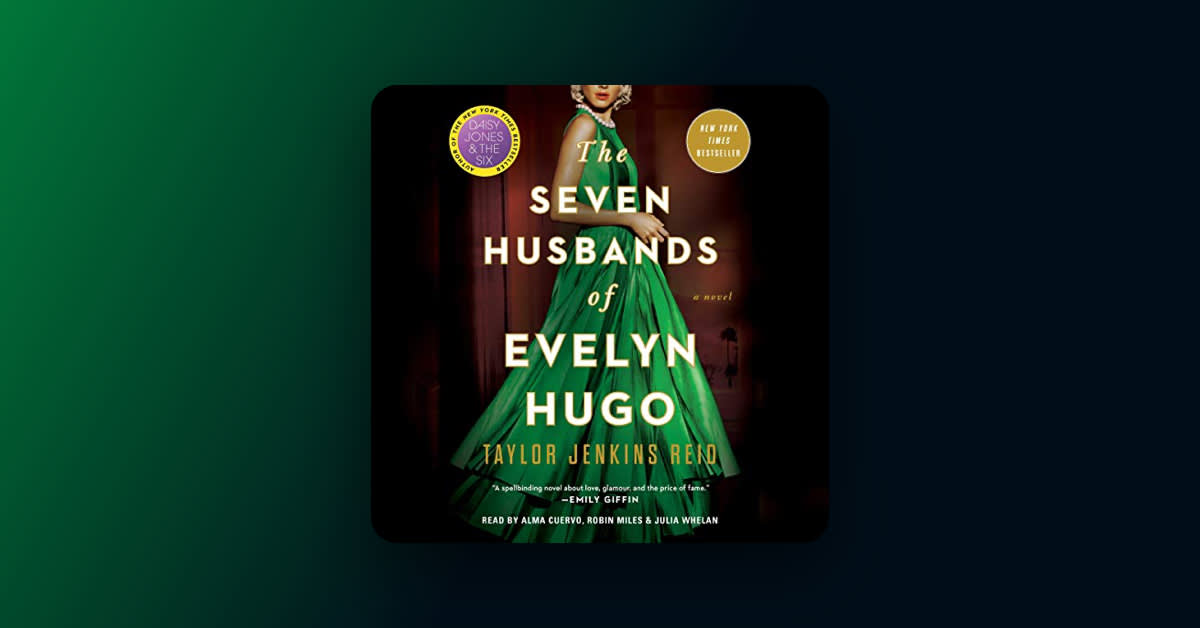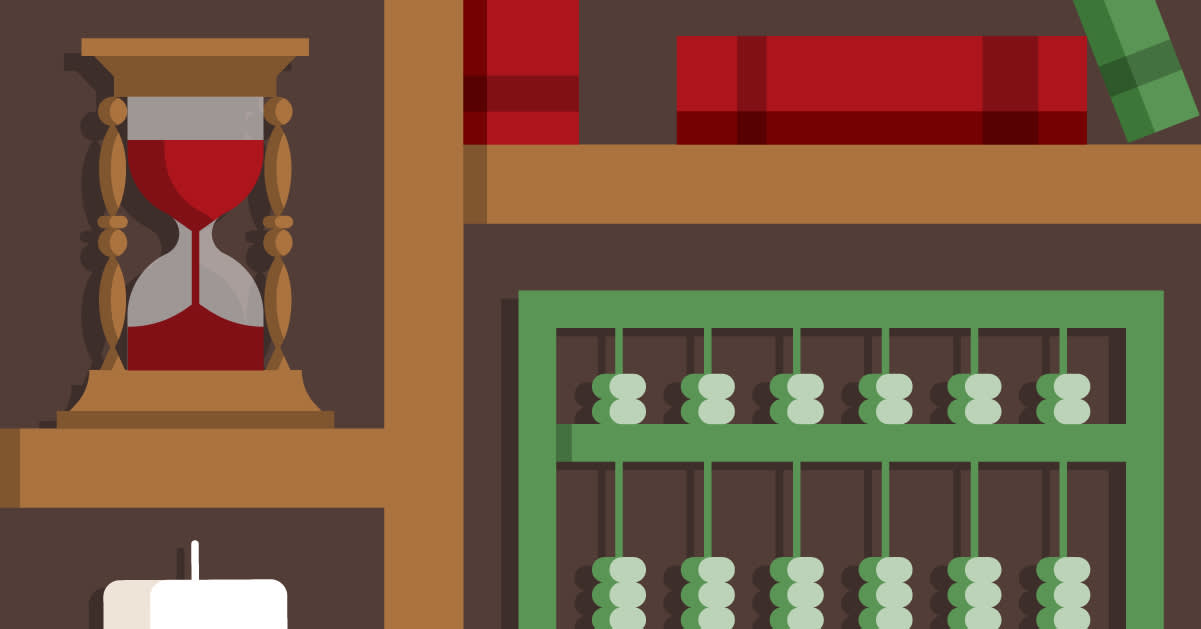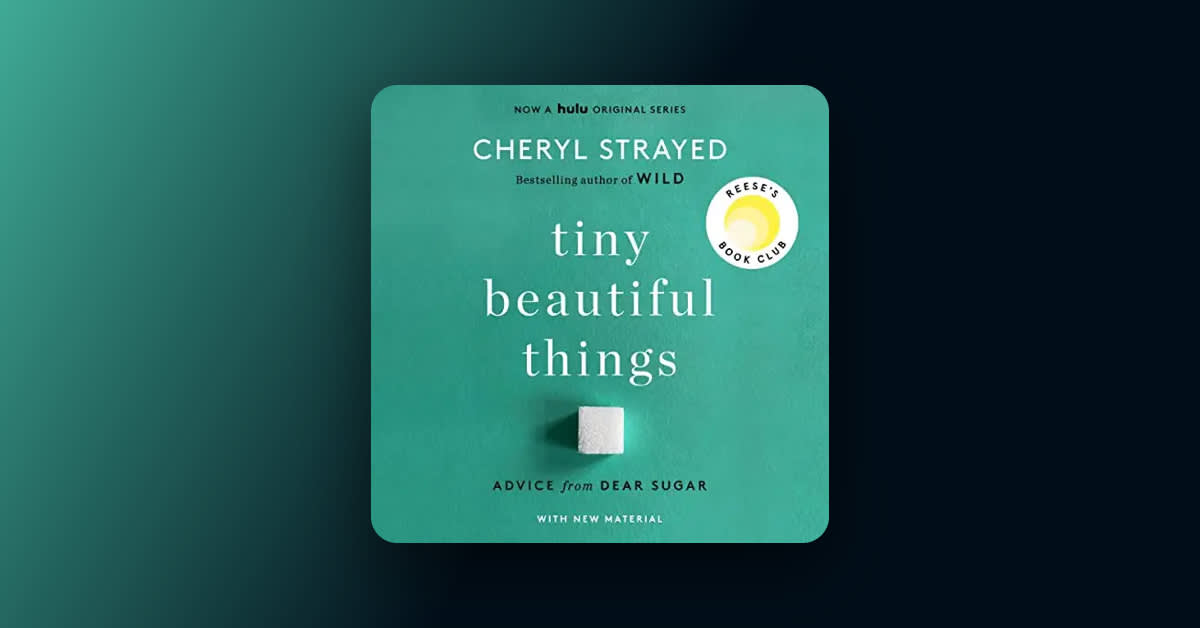Why it's essential
The classic campus mystery that inspired the dark academia subgenre, Donna Tartt’s debut novel follows an elite group of classics students caught in a mesmerizing web of murder, obsession, and morality.
What is The Secret History about?
When Californian Richard Papen arrives in Vermont for his freshman year at Hampden College, his decision to study ancient Greek puts him in the company of an elite group of eccentric students and their charismatic professor. But the group's pursuit of ancient knowledge, aesthetics, and delirium soon puts them on a dark path in this unflinching look at the nature of evil.
Editor's review
Editor Kat loves anything with shades of horror—from true crime and dark history to existential fiction and actual horror-horror—especially when it manages to sneak in some comic relief along the way.
I’m old enough to remember the publication of The Secret History, back in 1992. Like Zadie Smith’s White Teeth almost a decade later, it was one of those rare Publishing Events, when a debut author and novel arrived so authentically entwined that everyone agreed—a literary star was born. Tartt, in men’s pajamas or a necktie and sleek bob, commanded attention. So did the novel, with its premise of murder among classics students at an elite liberal arts college. The Secret History was instantly heralded as an icon of its era. Who knew that, 30 years later, it would perform the same feat for a new generation?
I tore through The Secret History as soon as it came out. Like its narrator Richard Papen, I was a middle-class teenager thrust into a rarified academic world—in my case, a Swiss boarding school instead of a Vermont college—populated by the rich international set. I also wanted to be a writer, and The Secret History set a bar that seemed impossibly high. It’s not one of those novels that makes you think "I can do that"—quite the opposite. It’s simultaneously a complex inverted mystery (like Columbo, it starts with whodunit and then tantalizingly drips out the why and how) and a modern Greek tragedy with characters and prose so compelling, it’s positively hypnotic. I was envious and smitten, and I couldn’t stop reading.
Richard is a California native who is new to both the East Coast and Hampden College, where he’s trying to hide a mediocre background and lack of wealth. In a stroke of luck, he’s invited to join the school’s selective Ancient Greek program, run by charismatic professor Julian Morrow and comprised of five other students. Bunny Corcoran is an all-American preppy type, at home with money and privilege in the style of the Kennedys. Cecilia and Charles are beautiful blond twins with a mysterious relationship and, despite Richard’s love for them, a predilection for offhand cruelty. Henry Winter, tall and reserved, is a polymath and polyglot who’s the smartest and most complicated of the bunch. And there’s red-headed Francis, always wearing a billowing cloak or a pince-nez, who likes boys but is essentially closeted due to the times and his extremely traditional, wealthy family.
These are the main players in a murder that ends with Bunny dead at the bottom of a cliff and buried by snow—hardly a spoiler, since Tartt provides this information in the novel’s exquisitely chilling prologue. In part one, the novel rebuilds beautifully to the climax of the deadly event, while the second part deals with its aftermath, its meditations on beauty, ecstasy, morality, and the taint of murder so seductive that it demands and rewards multiple readings.
Having revisited The Secret History in print a few times over the years, I was delighted to finally experience it in audio, not least because it is read by Donna Tartt herself. I had to go looking up her background—Tartt is from Mississippi—because she doesn’t sound anything like the moody, vaguely imposing voice you might reflexively imagine for a dark academia novel, nor is she, obviously, a young man from California like Richard.
The counter-intuitiveness of Tartt’s reading is part of what makes it such a pleasure to listen to. Here are the intended inflections behind the lines that so mesmerize on the page—and when we hear them, the spell is unbroken. Here is the seamless integration of the Greek phrases that pepper the text, spoken, per the characters’ varying aptitudes with the language, as they themselves would say them.
Most of all, I loved Tartt’s interpretation of the characters. She doesn’t do "voices," except when she does. To my ear, Richard, Charles, Camilla, and Francis all sounded like they were read in Tartt’s natural voice—not too similar, as there is appropriate emotion and meaning behind them, but not distractingly different either. Bunny, though, is a revelation. I dare you to listen to Tartt’s rendition of his Gatsby-esque "old sport"s and glib, often caustic lines of scene-stealing dialogue and not crack up in appreciation. You can always tell when Bunny’s talking, and that’s intentional. His voice is described as his signature characteristic, and when what he says with it becomes the nail in his coffin, this performance choice is integral to the audio experience.
Tartt also has a special voice for Julian Morrow. Mercurial and often concealing his feelings in the way of the very well-bred, the classics professor has a high, sweet, charming voice that makes you want to sit in on his clandestine classes and muse about the meaning of beauty, death, truth, and art.
In recent years, The Secret History has taken off with a new generation. Gen Z loves an aesthetic, and The Secret History’s is so specific that it spawned its own—dark academia, with its penchant for furtive mysteries in ivy-clad buildings, owes its entire existence to The Secret History. The novel is full of sensory detail—the thrill of going off to college and encountering life-changing ideas, inevitably meeting someone like Cloak Rayburn, the campus drug dealer, or, if you’re lucky, Judy Poovey, the friendly party girl down the hall. The ’90s setting is so vivid you can smell the indoor cigarette smoke and almost remember what it was like not having a cellphone. (The casual homophobia and xenophobia of the era come rushing back too, unfortunately, though always relayed through specific characters and a critical filter from the wider narrative.)
Aesthetics are also at the heart of the novel’s themes. "Beauty is rarely soft or consolatory," says Julian. "Quite the contrary. Genuine beauty is always quite alarming.” As the class debates the nature of beauty and how to live a life worthy of the greats, we come to understand, chillingly, how aesthetics can inform and motivate the ultimate evil.
Did you know?
Hampden College is loosely based on Bennington College in Vermont, where Tartt and fellow Gen X novelists Jonathan Lethem and Bret Easton Ellis (to whom The Secret History is partially dedicated) were all members of the class of '86. Lili Anolik’s podcast Once Upon a Time ... at Bennington College is a riveting look at this history!
In addition to The Secret History and The Little Friend, Donna Tartt also narrates Charles Portis’s True Grit; in a New York Times op-ed, she recounts asking Portis for his permission to narrate the novel based on her love of the book.
The massive popularity of PBS’s 1982 television adaptation of Evelyn Waugh’s Brideshead Revisited, which also features a protagonist in the thrall of aristocrats, may have influenced The Secret History.
Overt influences on the novel that are mentioned in its text include Dante’s Inferno, The Iliad, The Great Gatsby, Vanity Fair, Sherlock Holmes, and Crime and Punishment.
The Secret History has yet to be adapted for the screen. Will the recent surge of BookTok interest help to finally bring a long-awaited movie or TV version?
Content warnings in The Secret History
Homophobia, xenophobic and racist language, violence, animal abuse, drug abuse
Quotes from The Secret History
"Beauty is terror. Whatever we call beautiful, we quiver before it."
"'We think we have many desires, but in fact we have only one. What is it?'
'To live,' said Camilla.
'To live forever,' said Bunny, chin cupped in palm.""Does such a thing as 'the fatal flaw,' that showy dark crack running down the middle of a life, exist outside literature? I used to think it didn't. Now I think it does. And I think that mine is this: a morbid longing for the picturesque at all costs."
"'But how,' said Charles, who was close to tears, 'how can you possibly justify coldblooded murder?'
Henry lit a cigarette. 'I prefer to think of it,' he had said, 'as redistribution of matter.'""Forgive me, for all the things I did but mostly for the ones that I did not."
"'And besides, is death really so terrible a thing? It seems terrible to you, because you are young, but who is to say he is not better off now than you are? Or—if death is a journey to another place—that you will not see him again?' He opened his lexicon and began to search for his place. 'It does not do to be frightened of things about which you know nothing,' he said. 'You are like children. Afraid of the dark.'"
About the author and performer
Donna Tartt is an American author who has achieved critical and public acclaim for her novels, which have been published in 40 languages. Her first novel, The Secret History, was published in 1992. In 2003 she received the WH Smith Literary Award for her second novel, The Little Friend, which was also nominated for the Orange Prize for Fiction. She won the Pulitzer Prize and the Andrew Carnegie Medal for Fiction for her third novel, The Goldfinch.
